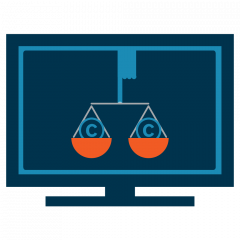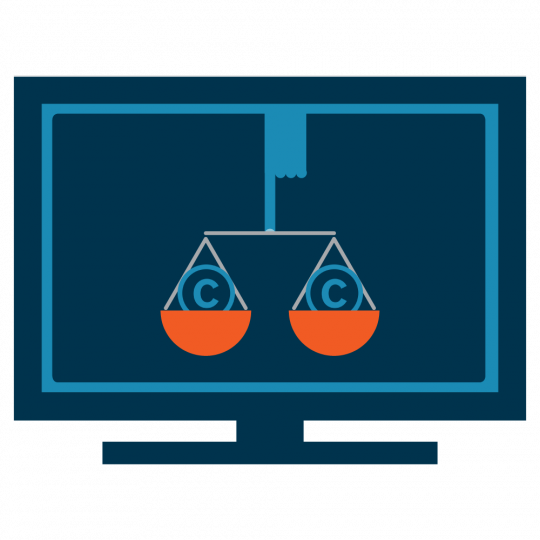Who: ASA and Pharmacare (Europe) Ltd t/a Bioglan
Where: UK
When: 11 June 2014
Law as stated at: 3 July 2014
What happened:
In a recent adjudication relating to health and nutrition claims, the ASA has confirmed that “superfood” is a general health claim which falls within the scope of the EU regulatory regime.
The main rules which apply to health and nutrition claims are set out within the EU Nutrition and Health Claims Regulation 1924/ 2006 (the “Regulation”), BCAP Code section 13 and CAP Code section 15, with accompanying guidance from the EU and the UK Department of Health. It is these rules which the ASA focused on in its adjudication on a TV ad by Pharmacare (Europe) Ltd t/a Bioglan (“Bioglan”).
The ad
The Bioglan TV ad featured rugby player Matt Dawson commenting on the benefits of a chia and flax seed product. The voice-over stated “Just add Bioglan superfood chia and flax seed to your breakfast to get: as much protein as a small egg; more calcium than 100ml of milk; as much fibre as a cup of oats, and a high source of the Omega 3 fatty acid, ALA.” A complainant challenged whether the “superfood” and comparison claims adhered to the rules relating to health and nutrition claims.
The ASA’s adjudication
Looking firstly at the “superfood” claim, the ASA confirmed the Department of Health’s guidance that “superfood” is a general health claim and under Article 10 of the Regulation, a general health claim has to be supported by a specific health claim. The ASA considered that the ad did present specific health claims which Bioglan relied on for support but that since the emphasis of the ad was on the comparative claims, consumers would be wrongly led to believe that these comparative claims were the basis of the general “superfood” health claim rather than Bioglan’s intended claims. Therefore, the ad had failed to present the general health claim in a way which met BCAP Code rule 13.4.3.
Secondly in relation to the comparative claims, only those types of claims listed in the Annex to the Regulation are permitted. The ASA found that one claim from the ad was close enough to that listed in the Annex (“increased [nutrient]”) but another claim was not listed in the Annex (“as much [named nutrient] as …”).
However, even in relation to the permitted claim, the ASA noted that it is a requirement under Article 9 of the Regulation that any such comparison must only be made between “foods of the same category”. While the Regulation does not contain a definition of “food category”, EU guidance informs us that foods belonging to a category should be “similar in terms of nutritional content” and explains in an example that a “dairy products” category would be too large as it “would allow for inappropriate comparison of fat content of cheese with fat content of milk”
Instead the food categories in this case would be either “milks” or “cheeses”. In light of this, the ASA “considered that “breakfast foods” was not a sufficiently narrow category” because it related to the occasion on which the food was consumer (breakfast time) rather than the type of food (seeds). Therefore, the ASA found that the comparative claims did not meet the BCAP code or Regulation requirements and could not be relied on for the purposes of the “superfood” claim.
Why this matters:
This adjudication demonstrates that when marketers make health or nutrition claims, they should ensure they adhere to not only the CAP and BCAP codes, but also the underlying Regulation and accompanying guidance in relation to such claims. It also serves as a reminder that marketers should be aware that clearance by Clearcast will not always take them off the hook – it is the marketer’s responsibility to ensure compliance.
The link to the ASA adjudication can be found here.
The link to the Regulation can be found here.








